Should I be taking biotin for my hair loss?
Did you know that taking too much biotin can cause hair loss? Do you know how much is too much? Then it is important you read this...
If you are experiencing female hair loss and spent any time researching hair loss and possible treatments and supplements, the chances are pretty high that you would be familiar with biotin. Often proclaimed as a “miracle cure” and “must have” supplement. The claims about biotin are extensive, and this nutrient is found on the ingredient list of most hair vitamins and gummies. But it’s important to know what biotin is and understand where it factors in to hair loss.
What is Biotin?
Biotin is a B-complex vitamin, also known as B7, Vitamin H or Vitamin B8. Like all B Vitamins, it is water-soluble and therefore not stored in the body, leading to a common misconception that you need to continually top up your body's stores on a daily basis. However, that is not the case. Biotin is actually produced by our bodies in our intestine as well as being found in a wide variety of foods.
Biotin is found in dairy products, egg yolks, oily fish (such as sardines, salmon and tuna), nuts (pecans, almonds, peanuts, walnuts), soybeans, legumes (beans, black-eyed peas), chicken and liver. It is also prevalent in many fruits and vegetables including bananas, mushrooms and cauliflower, as well as in whole grains and brewer’s yeast. Whilst biotin is a key nutrient in healthy hair growth, only small amounts are needed, and most people eating a balanced diet are unlikely to have a biotin deficiency.

Can I have too much Biotin?
The recommended daily intake of biotin is 30 mcg. Which is a fairly small amount! Some of the popular hair growth supplements on the market contain 5,000 mcg – 166 times the adult daily requirement. When taken twice a day as recommended, this equates to 330 times more than you need! You may be tempted to think, “I’m sure the more the better” - not so! Excess levels of biotin can actually have a negative impact and may do more harm than good.
Excess biotin can affect the body’s ability to absorb zinc and vitamin B5, and a common side effect of both zinc and B5 defficiency is hair loss! Excess biotin is also known to negatively impact laboratory testing accuracy, especially when measuring thyroid and cardiac functions. With some thyroid issues being connected with female hair loss, it is important that those tests are accurate.
Taking Supplements for Hair Loss
There is a note to be made about taking supplements as part of your hair loss journey. Always make sure it’s in partnership with a medical professional and with up to date blood tests. Supplements are important to treat a vitamin deficiency, so the combination of vitamins and their dosage is important to get the best result. However if you have no vitamin deficiency, you may be taking unnecessary vitamins, and spending money on products that you don’t actually need, and potentially are doing more harm than good.
Learning more about Female Hair Loss
Whilst it’s incredibly important to be in partnership with a medical professional for your medication and supplements, many women who are experiencing female hair loss can feel dismissed by doctors or walk out of appointments feeling like their concerns weren’t taken seriously. Boost N Blend founder Bambi Staveley is a registered Nurse and has taken over 10 years of research into female hair loss and combined it into this must-read book!
Female hair loss is a complex issue and so it requires a complex solution. This is why you need to read the book. Doctors don't always understand Female Pattern Hair Loss and so they don't know where to go once blood tests come back within "normal limits". It is just way more complex than that! This book is a brilliant resource to understand female hair loss and get to the root of the problem.







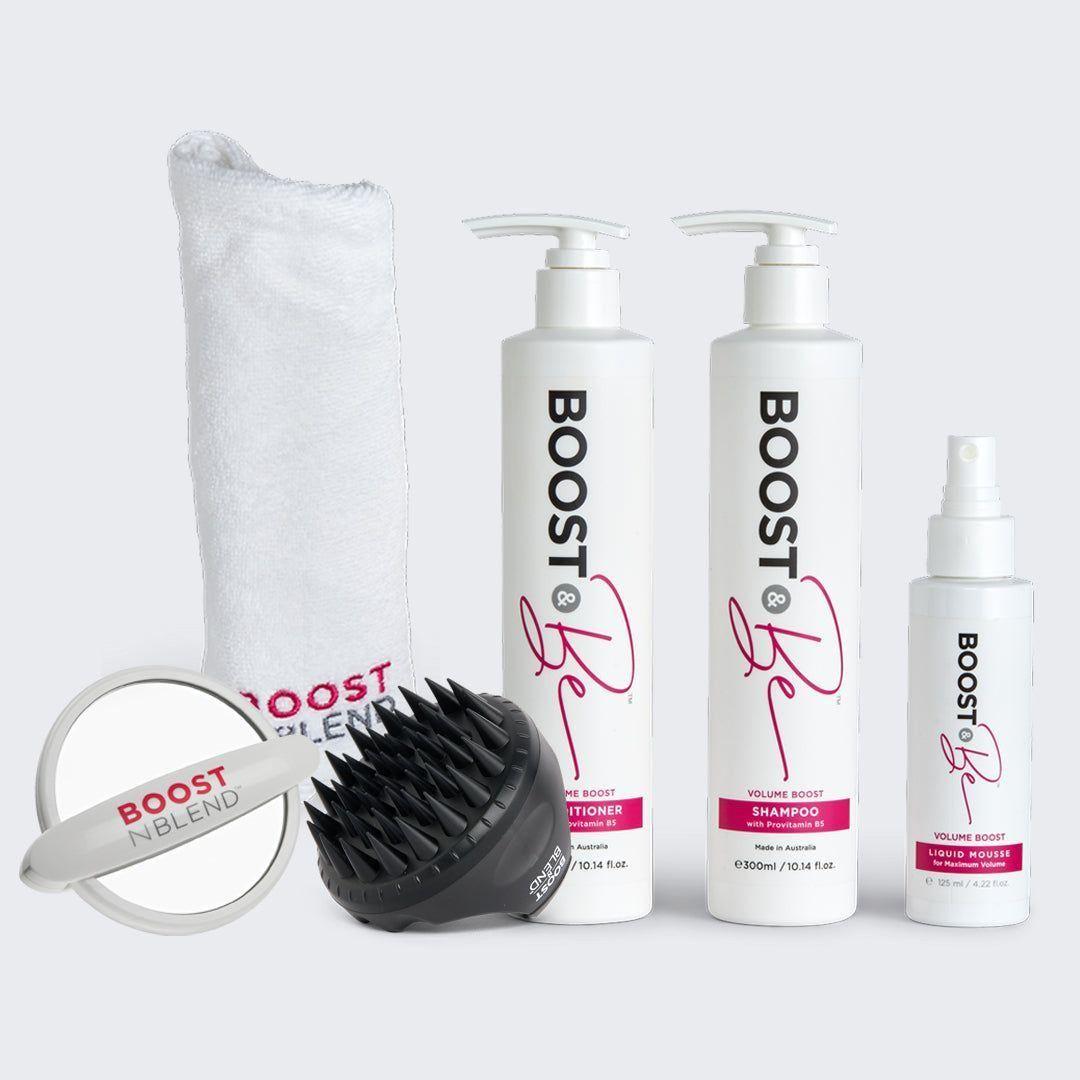
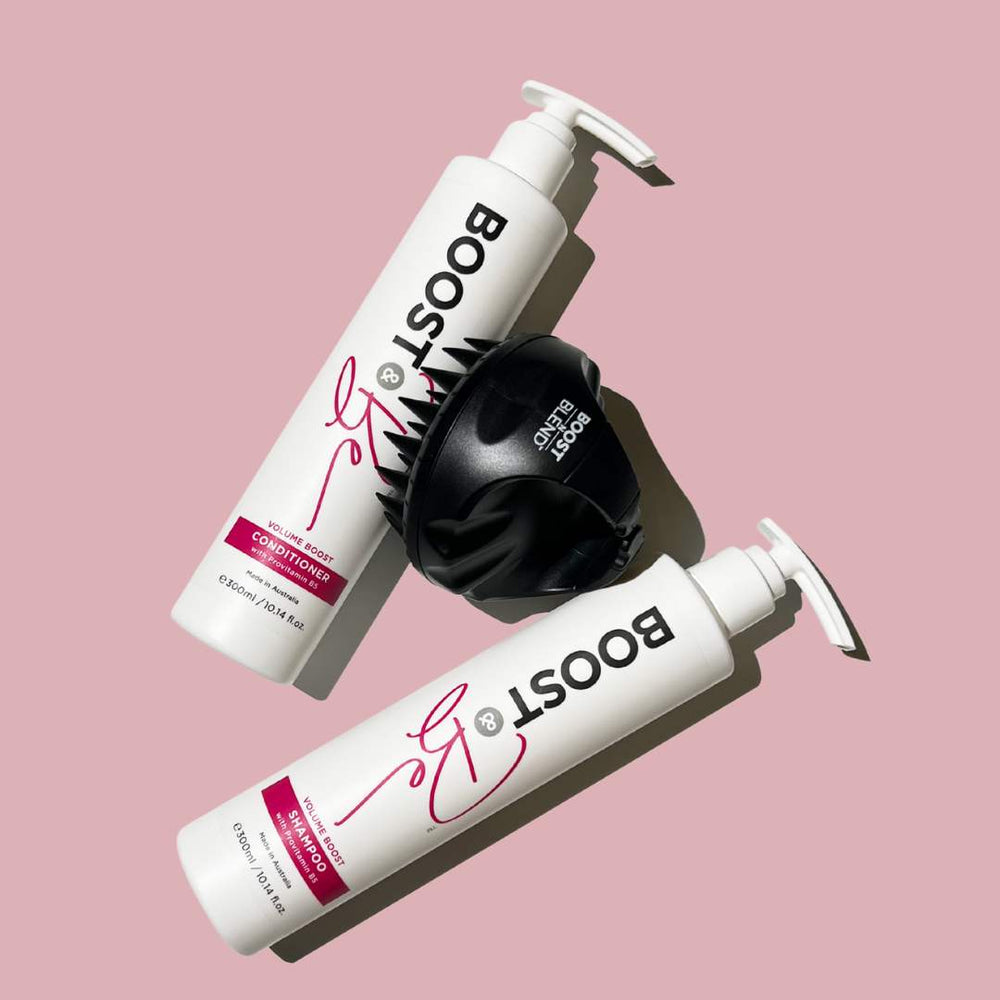
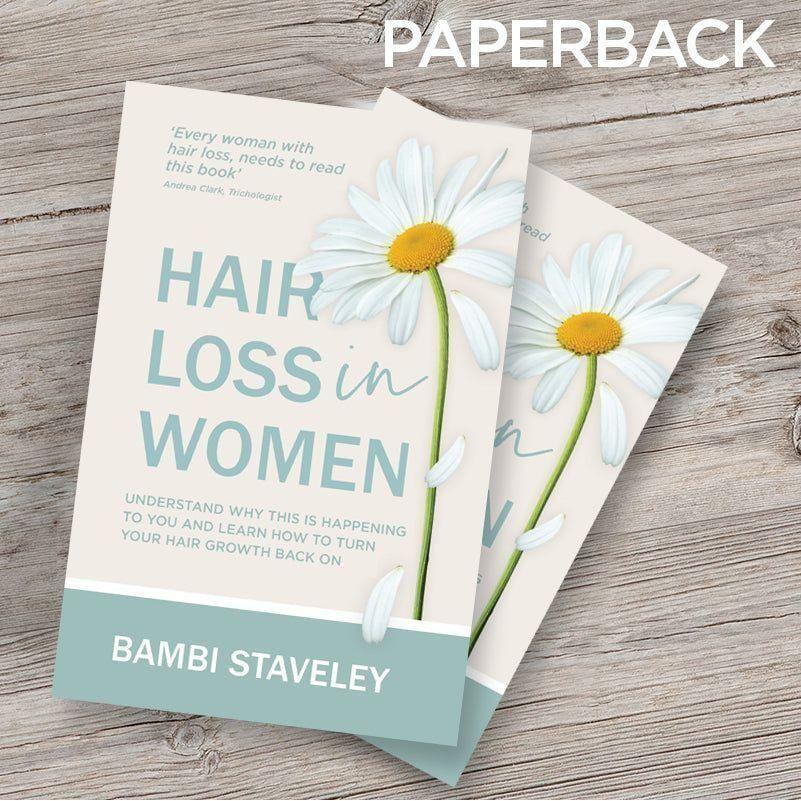
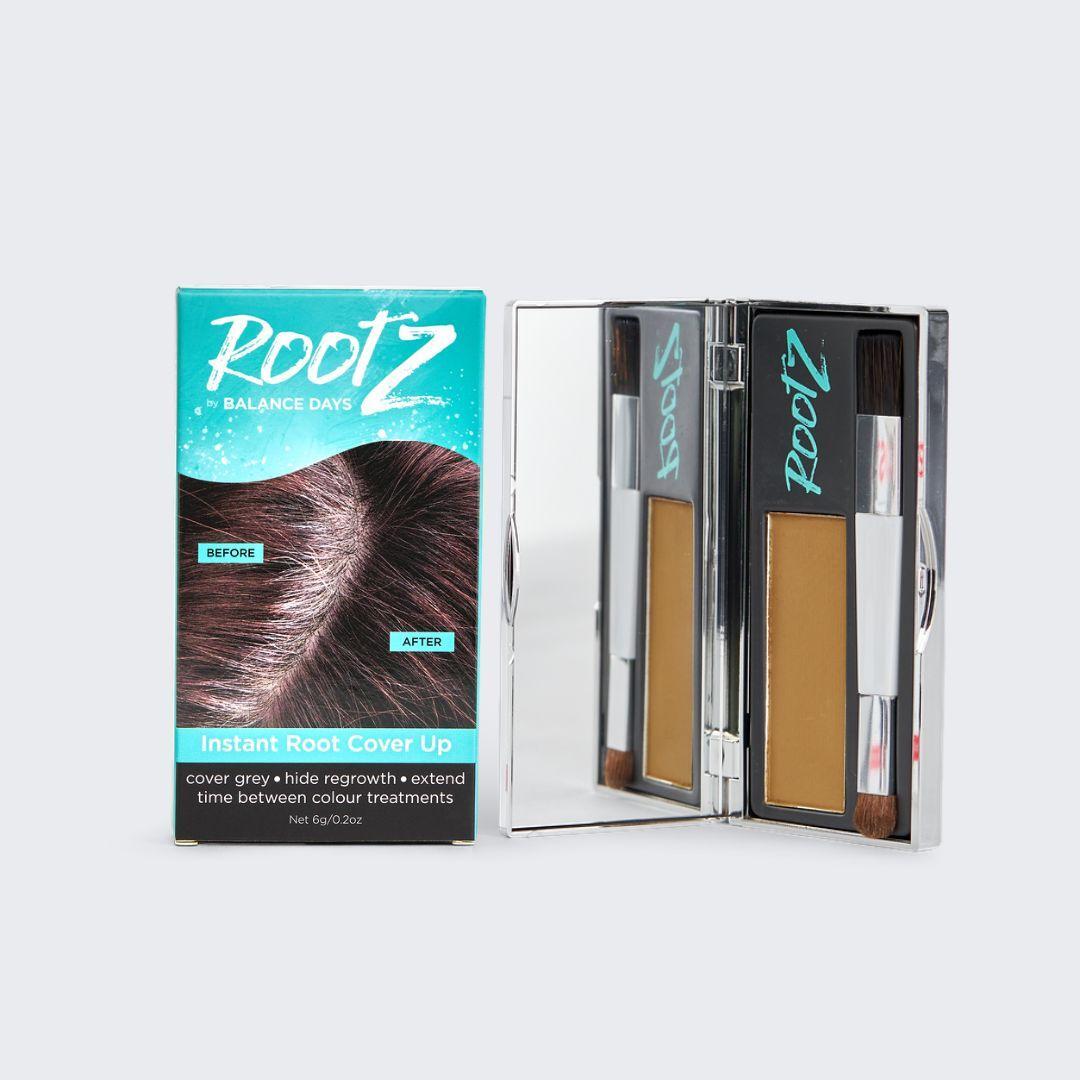
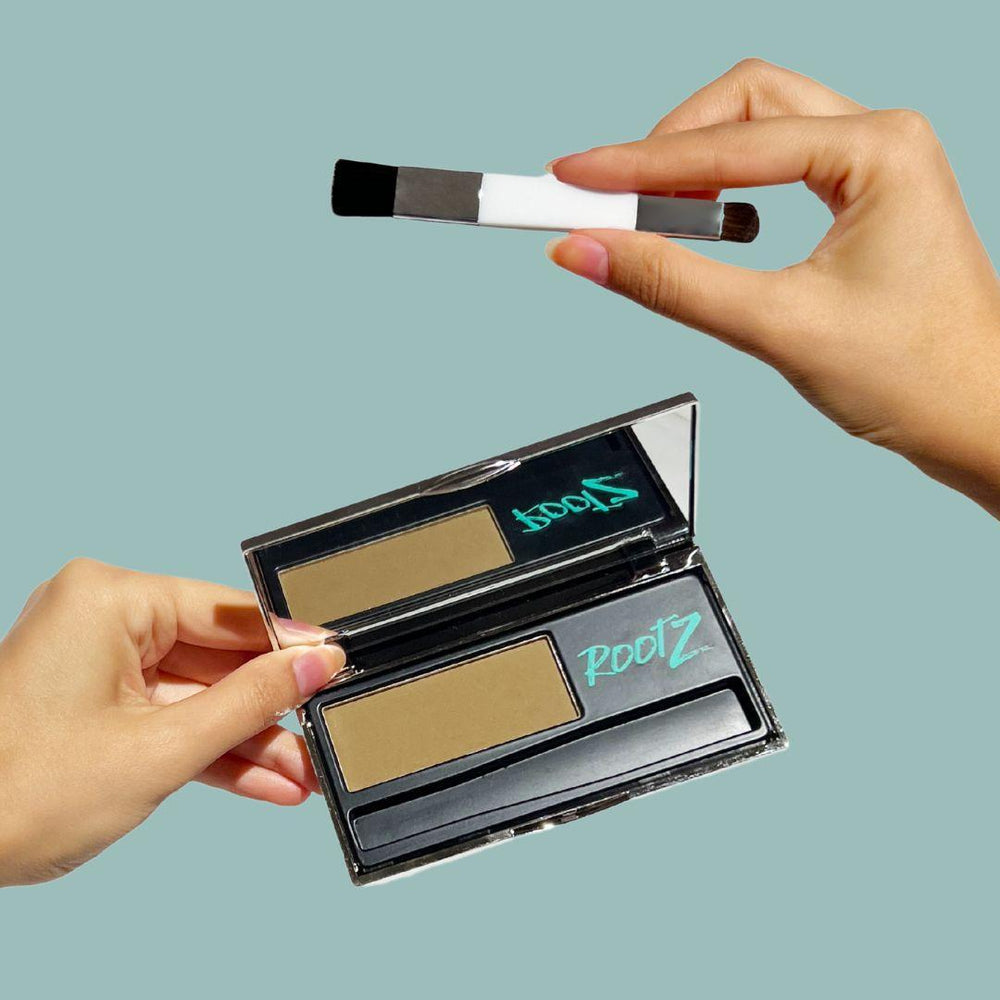
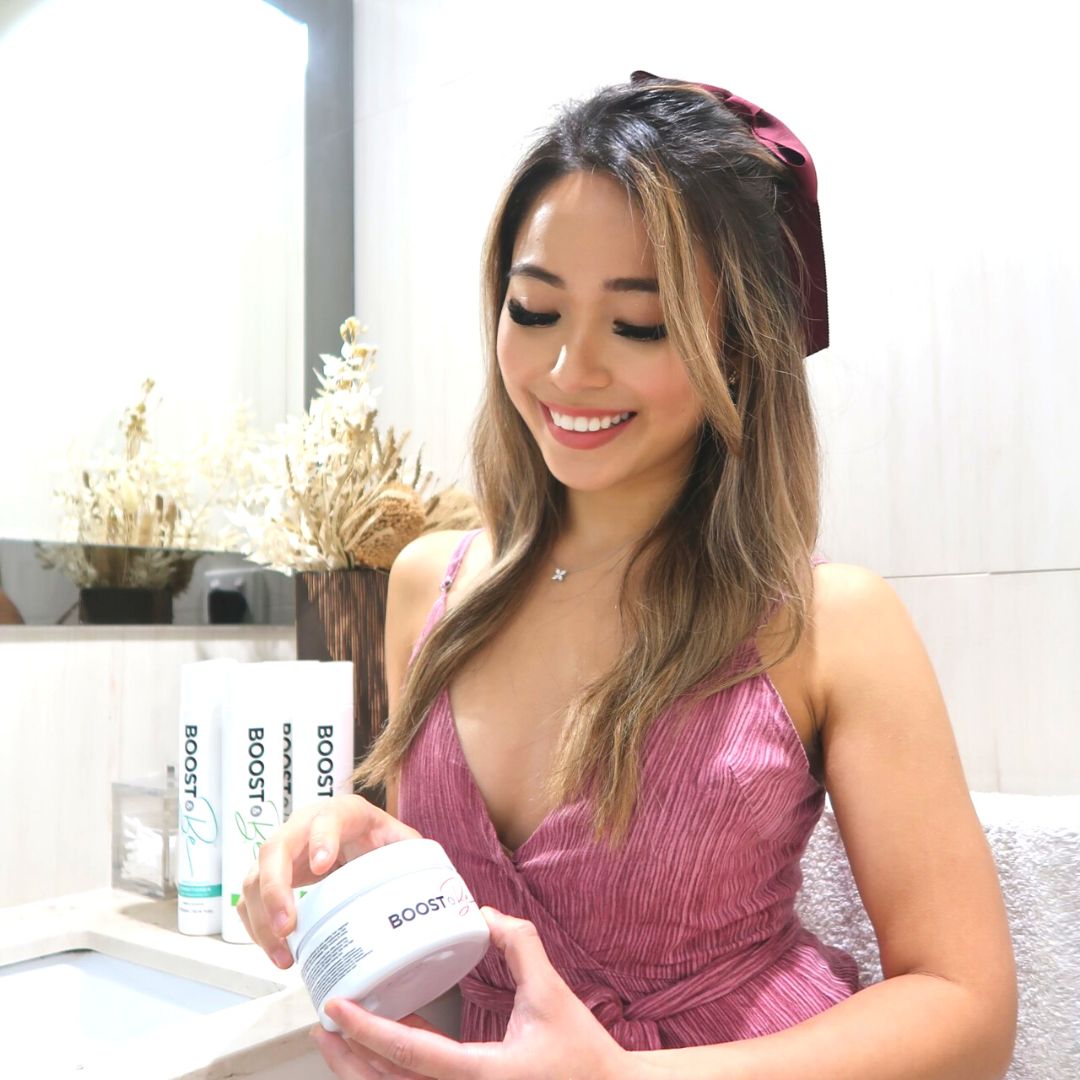
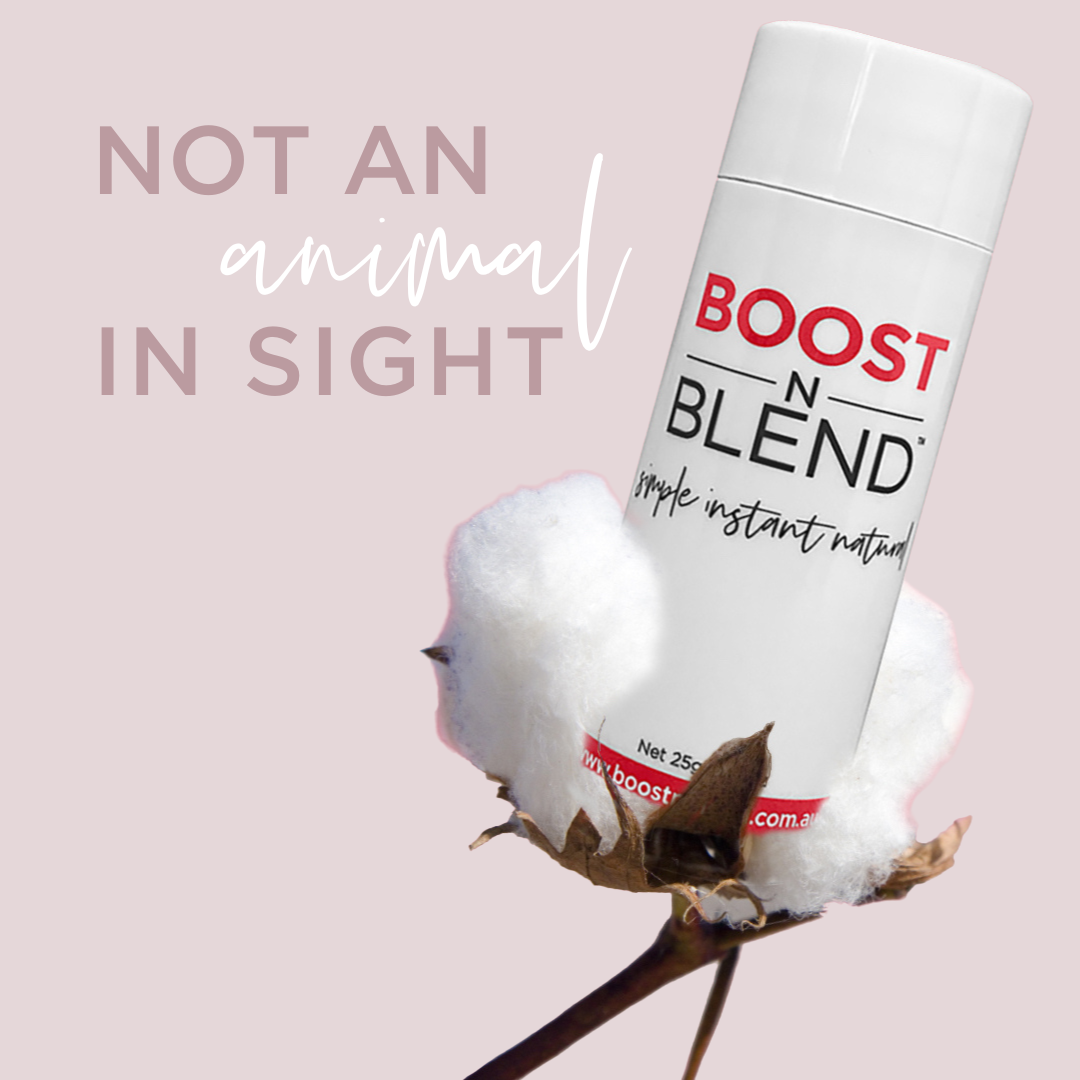
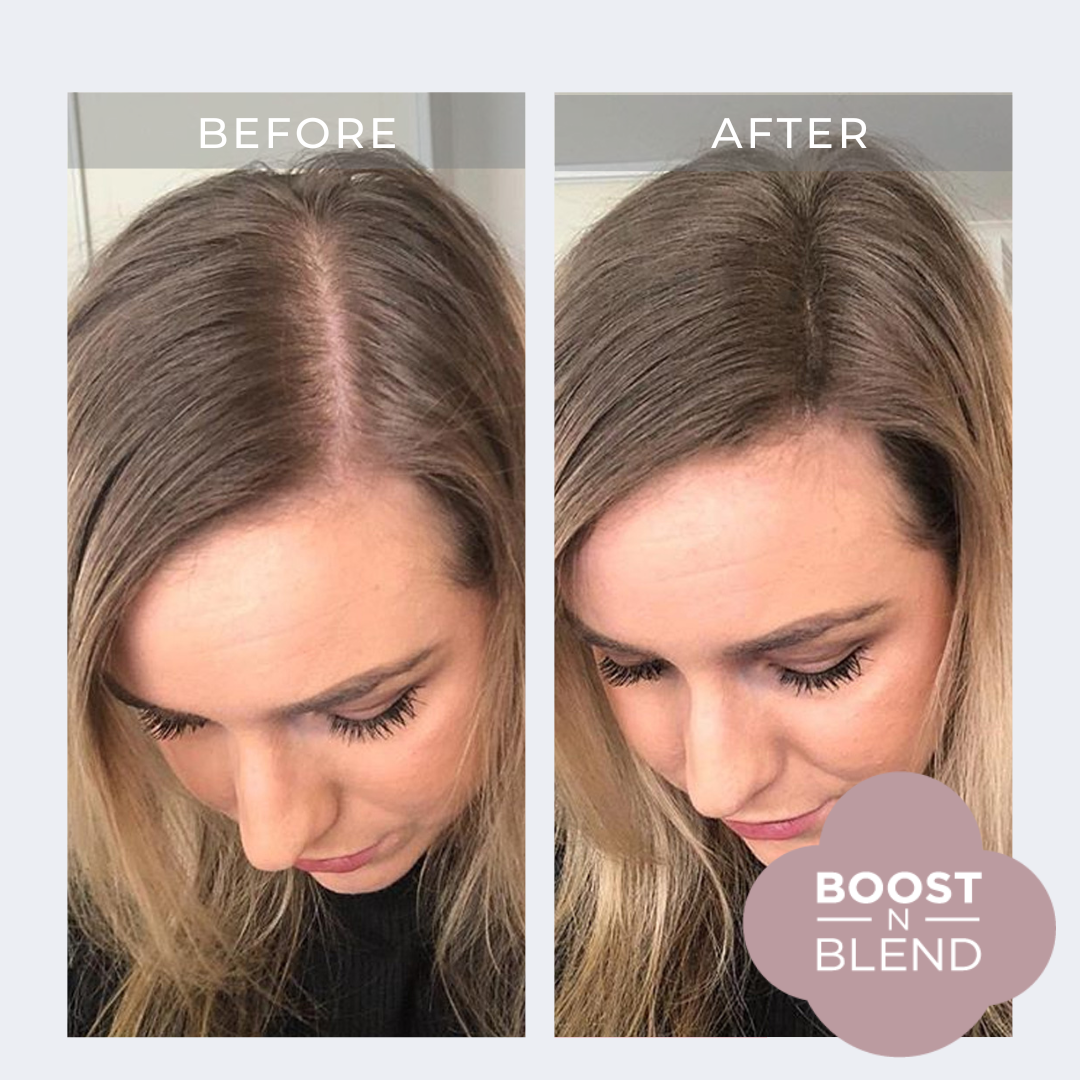
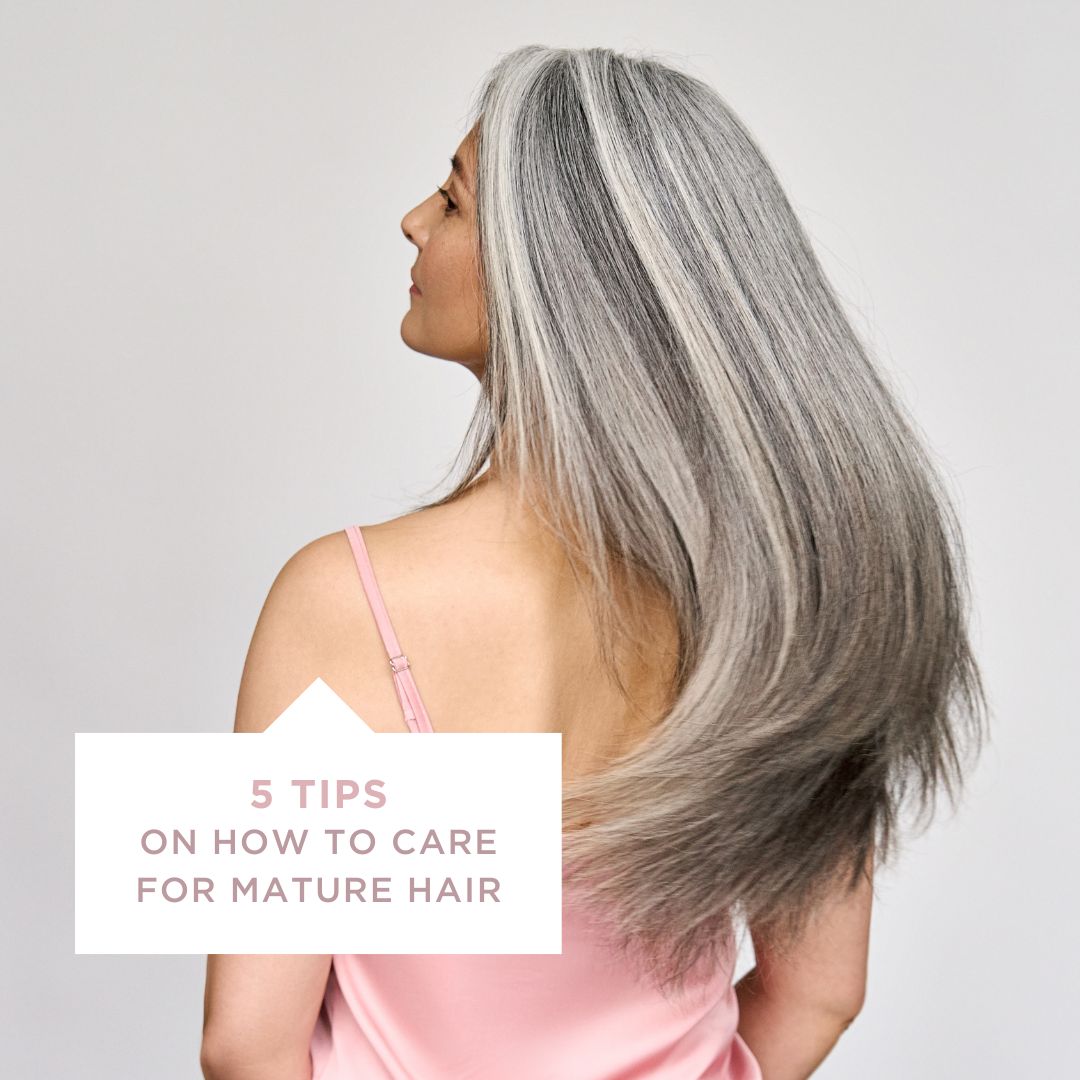
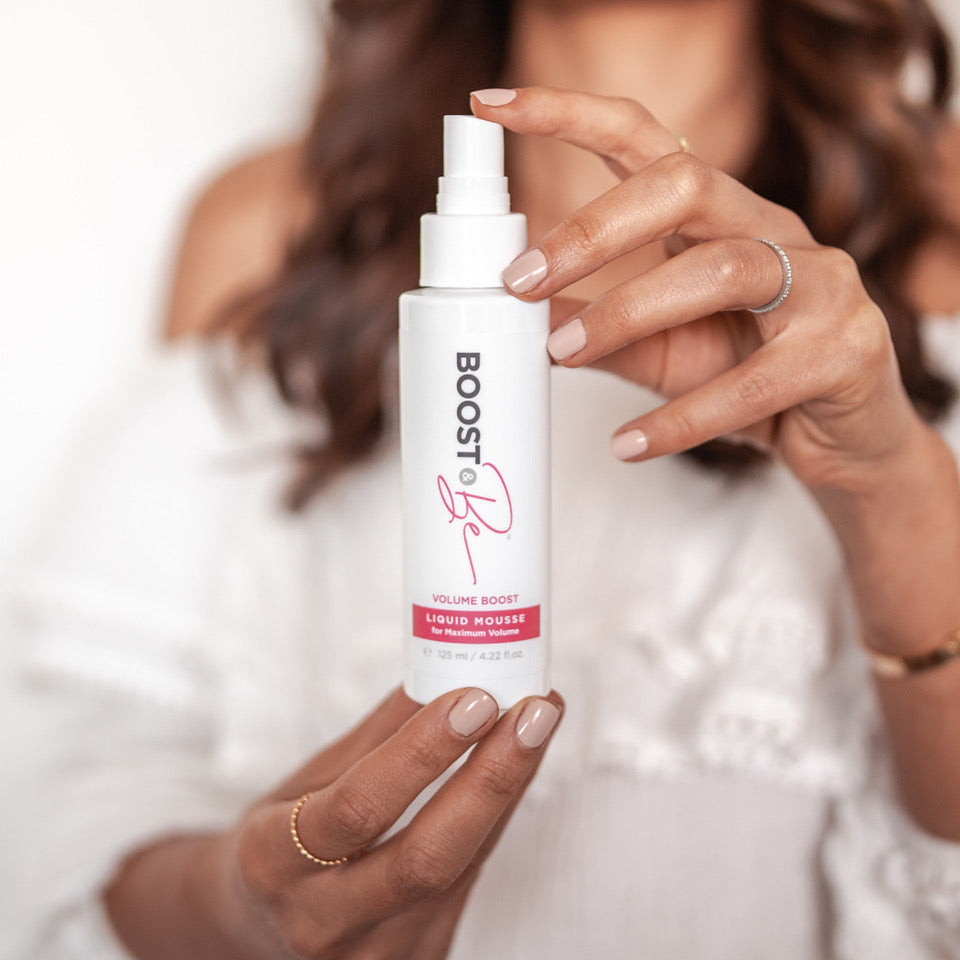
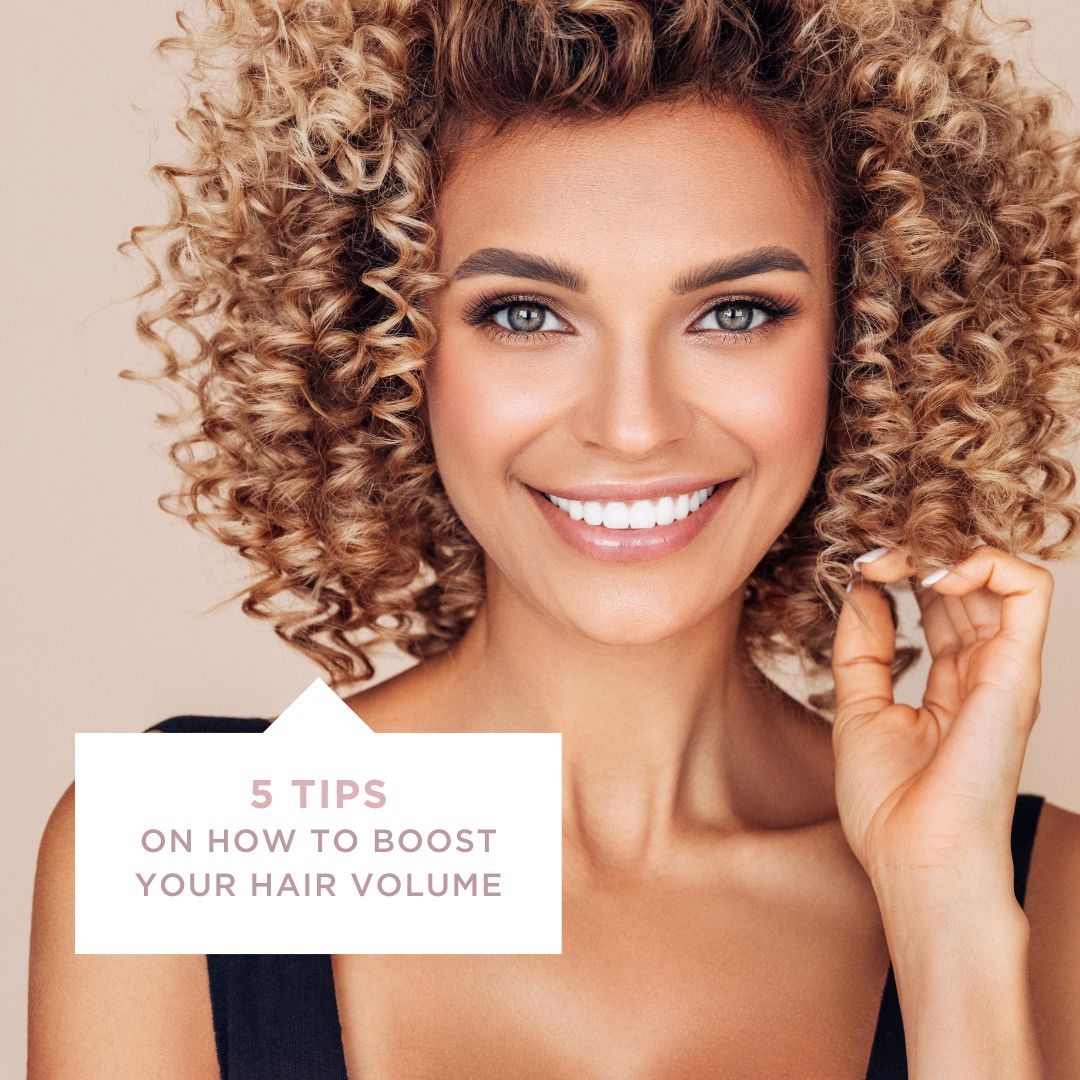
Leave a comment